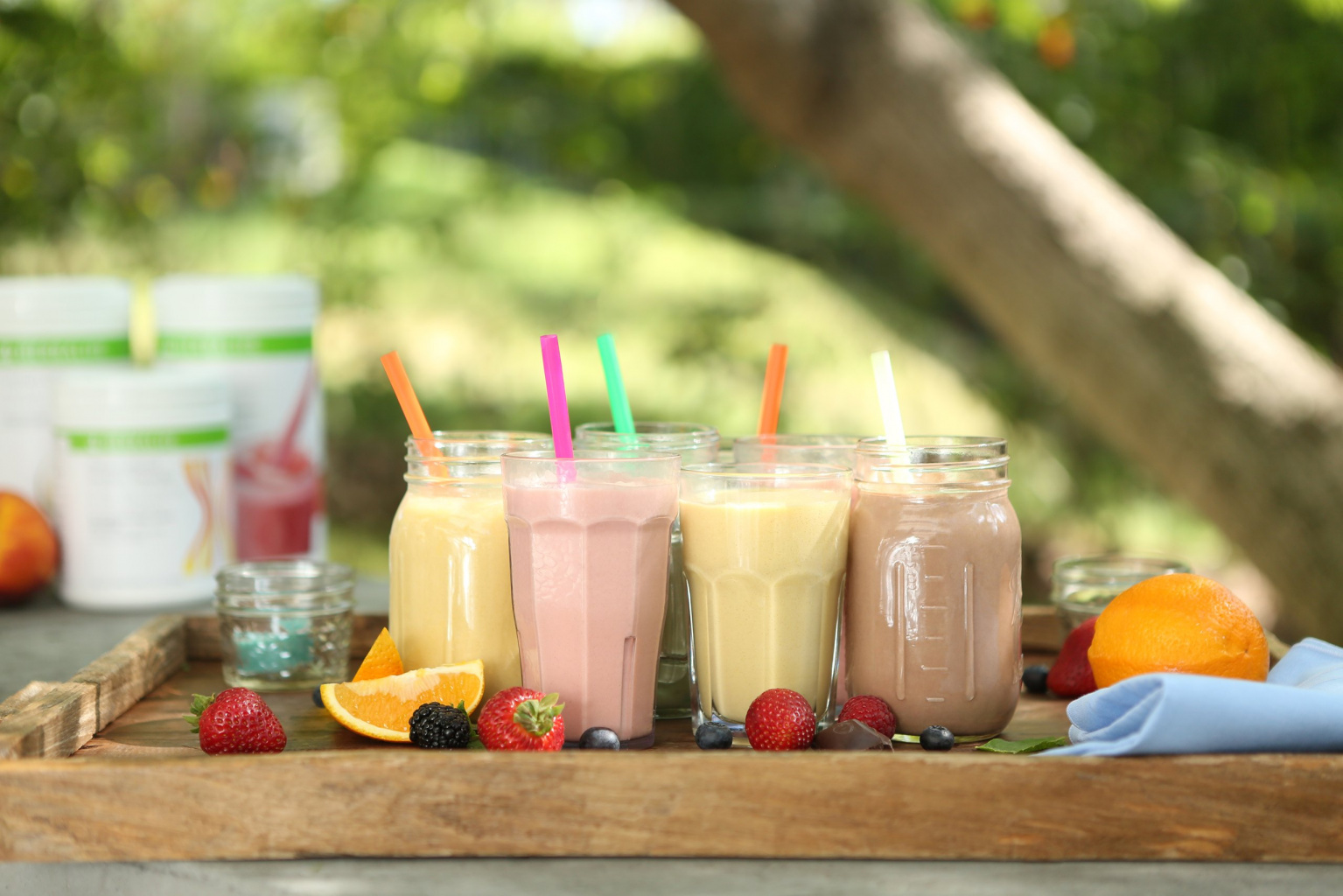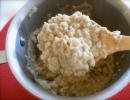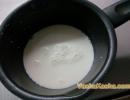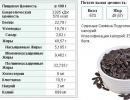What is a protein?
Protein is pure protein. We understand what misconceptions are associated with protein.
Protein is a protein in its pure form, the main raw material for which is milk, or rather, whey. Many people think that protein is a nutritional supplement of a chemical composition and it is useful only for athletes as doping. This is the biggest and most misunderstood of protein misconceptions! Protein in its composition does not contain chemical additives, and manufacturers, if something is added to the protein powder, then vitamin and mineral complexes for better recovery of the body after training and saturating it with useful substances.
Protein and protein products, indeed, have long taken an important place among athletes and people leading a healthy lifestyle, however, talk about the benefits and harms of protein products continues to this day. We want to dispel the most common misconceptions and figure out what is true and what is fiction.
Misconception No. 1: Protein products can replace the entire usual diet.
Protein blends are easy to digest, low-calorie, rich in vitamins and minerals. Indeed, a protein shake can replace a meal or use it as a snack. However, natural sources of animal protein such as eggs, red meat, and fish have a range of amino acids, including essential ones found only in animal products. Therefore, in no case should you completely abandon animal and plant products. Protein products are not a substitute, but a useful protein supplement to a normal human diet.
Misconception #2: Eating too much protein leads to excess body fat.
The belief that milk protein from skimmed milk, cheese or yogurt contributes to the accumulation of fat or excess water is erroneous. Dairy products are a great source of protein, and the latest research from nutritionists shows that, with a low-calorie diet and proper nutrition, it can help you lose those extra pounds. Also, the use of functional foods, protein shakes based on soy protein isolate allows you to get a complete protein without increasing the calorie intake.

Misconception #3: You only need protein to build huge muscles.
Muscles are made up of protein, which makes them grow. But do not think that protein supplements in the diet will make the muscles grow by leaps and bounds and turn you into a relief athlete. Protein will indeed contribute to the production of building muscle material, as well as help you recover faster after physical exertion, but without physical exertion, protein intake will not change your appearance.
Misconception #4: Your body doesn't absorb protein supplements well.
If this statement were true, then fish, peanuts, milk, eggs, cheese and many others could be deleted from the list of healthy foods, since protein is contained in each of these products, and protein, as we found out earlier, is 100 % dry protein. All of the listed products should make up at least 30% of the daily diet and are perfectly absorbed by the body of a healthy person in the same way as protein powder. It is worth adding that there are practically no protein reserves in the human body, and new proteins can only be synthesized from amino acids supplied with food and from decaying body tissue proteins. Of the substances that make up carbohydrates and fats, proteins are not formed. A deficiency of a complete protein in the body can have negative consequences for almost the entire body.
Misconception No. 5: Protein negatively affects the hormonal background.
In fact, protein is a concentrated protein that contains absolutely no hormones.
Misconception #6: Protein and steroids are the same thing.
One of the most popular myths about protein. But this is also a misconception! Steroids are organic chemistry obtained organically, and protein is an important macronutrient without which the human body cannot function properly.
Misconception #7: Protein is addictive.
Protein is a regular protein in powder form that is not addictive. After all, neither dairy products, nor egg whites, nor red meat, nor the vitamin complexes we take, cause us addiction. The protein is completely safe for the body.
Misconception #8: Only bodybuilders take protein.
Protein is used by almost all athletes - wrestlers, runners, basketball players, hockey players, boxers, etc. In addition, the protein is recommended for use by women engaged in fitness and aerobics, as well as people struggling with excess weight and switching to proper nutrition.
Thus, when used correctly, protein will only benefit the body, enrich it with vitamins and minerals. And a protein shake or a protein bar containing a minimum of calories, instead of the usual snack on dessert or flour products, will help you keep yourself in shape.
To learn more about protein from a personal nutrition consultant, please fill out the form below.





